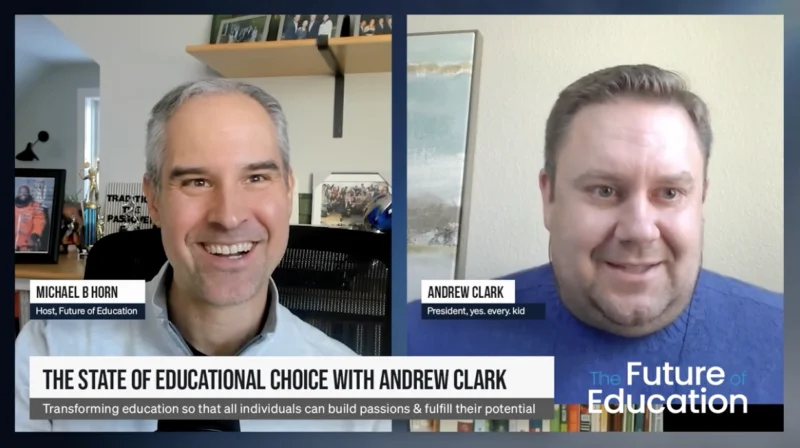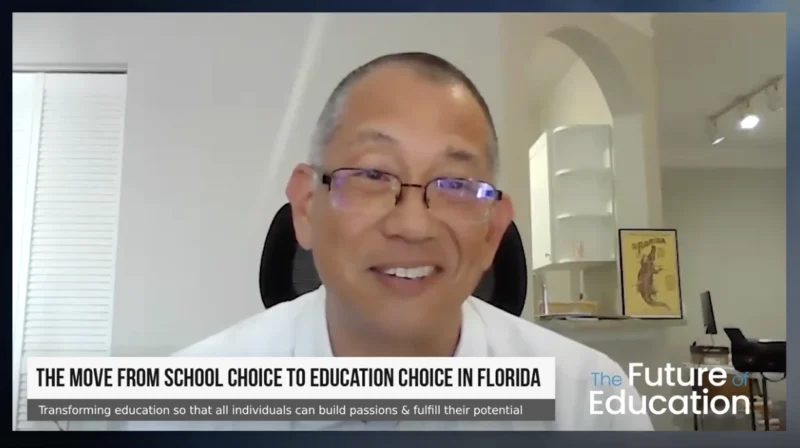A Skills-First Model Without Student Debt: How MedCerts Is Tackling the Healthcare Staffing Crisis With Tech-Driven Training
A growing healthcare staffing crisis is forcing institutions to rethink how the next generation of clinical talent is trained. A study by Mercer and Lightcast, cited by the American Hospital Association, projects that the U.S. could be short of as many as 100,000 critical healthcare workers by 2028. This urgent gap is pushing innovators to explore faster, more affordable, and job-aligned pathways to build skilled healthcare workers, without the burden of long-term student debt.
So, how can we build healthcare workforce pipelines that are both scalable and accessible, especially for adult learners and underserved communities?
In this joint episode of The Future of Education and Life-Centered Health Care, co-hosts Michael Horn and Ann-Somers Hogg, Director of Health Care at the Clayton Christensen Institute, sit down with Craig Sprinkle, CEO of MedCerts, to discuss a transformative, skills-first approach to training healthcare professionals. Against the backdrop of a growing healthcare staffing crisis, they explore how MedCerts is using technology, employer partnerships, and new funding models to deliver short, stackable credentials with real market value.
Key points from the episode:
-
MedCerts’ model bridges the gap between online learning and hands-on clinical training by partnering with employers and local training centers to provide real-world externship opportunities.
-
Affordability and flexibility are central to the MedCerts approach, with programs costing between $2,000 and $6,000 and offering payment plans, employer tuition benefits, and access to grant funding, with no reliance on Title IV federal student aid.
-
Completion and job placement rates exceed 70%, driven by self-paced learning, one-on-one coaching, gamified assessments, and career services—all aligned to workforce demand.




